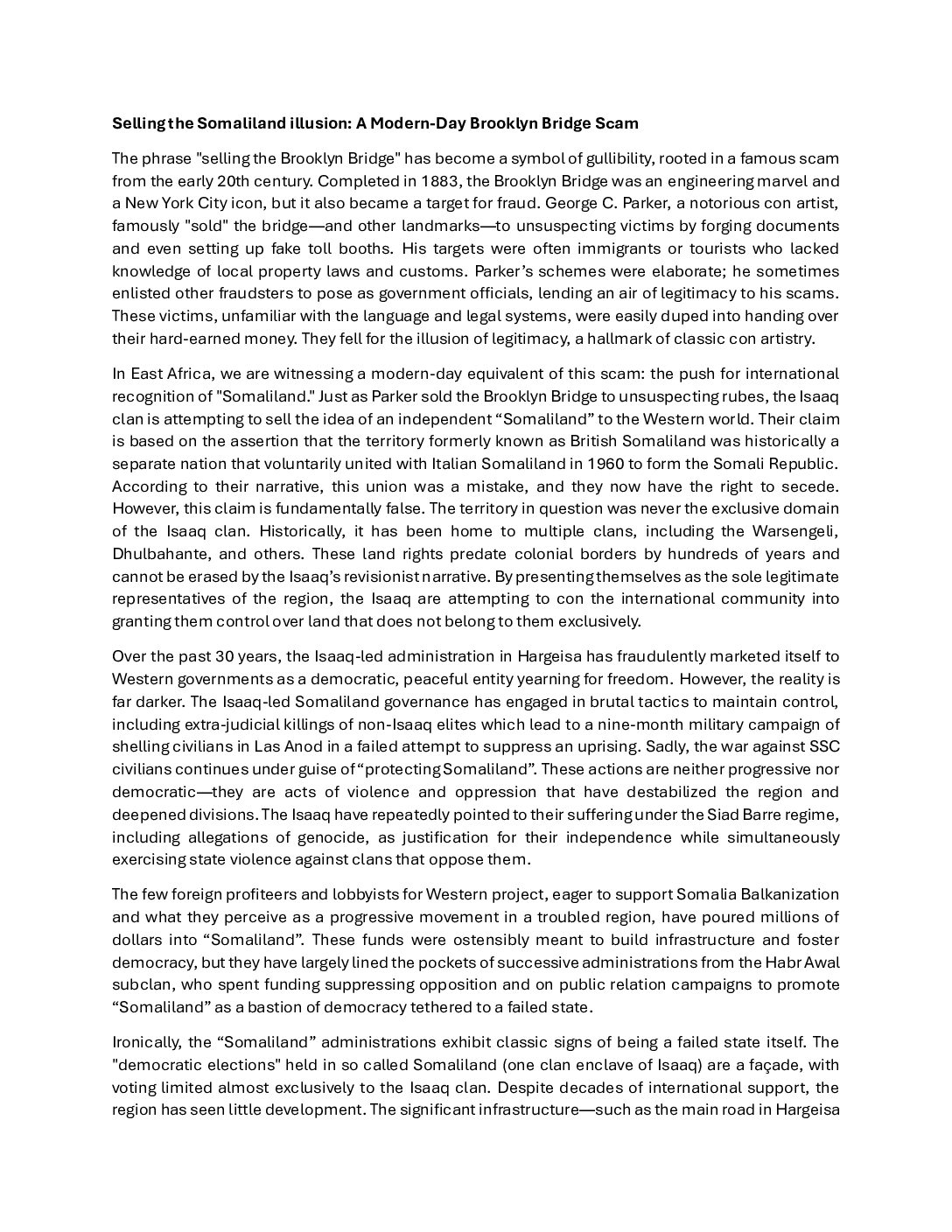According to a Syrian commander who relayed the information to Reuters after an unexpected quick onslaught by rebels. Syrian insurgents, asserting that Damascus is “now liberated from Assad,” are anticipated to deliver their inaugural speech to the Syrian populace via state television.
Assad, having suppressed all protest, departed from Damascus for an undisclosed location early on Sunday, while rebels claimed to have infiltrated the city without any indication of military presence. Numerous individuals, both in vehicles and on foot, gathered in a central area in Damascus, brandishing signs and chanting “Freedom” in opposition to half a century of Assad family governance.
The abrupt fall signifies a pivotal moment for the Middle East, terminating the family’s authoritarian governance in Syria and inflicting a substantial setback on Russia and Iran, who have lost a crucial partner in the area. The rebels said, “We rejoice with the Syrian populace at the announcement of our prisoners’ liberation and the cessation of their oppression, marking the conclusion of the era of injustice in Sednaya prison,” which is a significant military facility located on the outside of Damascus where the Syrian government has incarcerated hundreds.
A Syrian aircraft departed from Damascus airport coinciding with reports of the capital’s capture by rebels, as shown by data from the Flightradar website. The chairman of Syria’s major opposition organization overseas, Hadi al-Bahra Syrian, stated Damascus was now “without Bashar al-Assad.” Prime Minister Mohammad Ghazi al-Jalali expressed his readiness to support the continuation of the administration and collaborate with any leadership that the Syrian people elect.
U.S. President Joe Biden and his colleagues were watching the “extraordinary events in Syria” and were in contact with regional allies, the White House said. The frontlines of Syria’s intricate civil war lay inactive for years, but Islamists formerly connected with Al Qaeda suddenly sprung into action, offering the strongest threat to Assad.
The loss of Homs gives the rebels control over Syria’s strategic heartland and a crucial highway intersection, isolating Damascus from the coastal area that is the bastion of Assad’s Alawite sect and where his Russian allies have a naval base and air base. The capture of Homs is also a strong symbol of the rebel movement’s spectacular resurgence in the 13-year-old battle.






